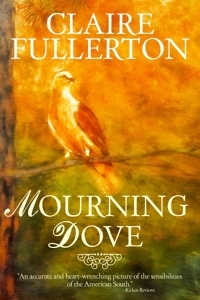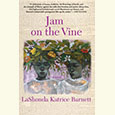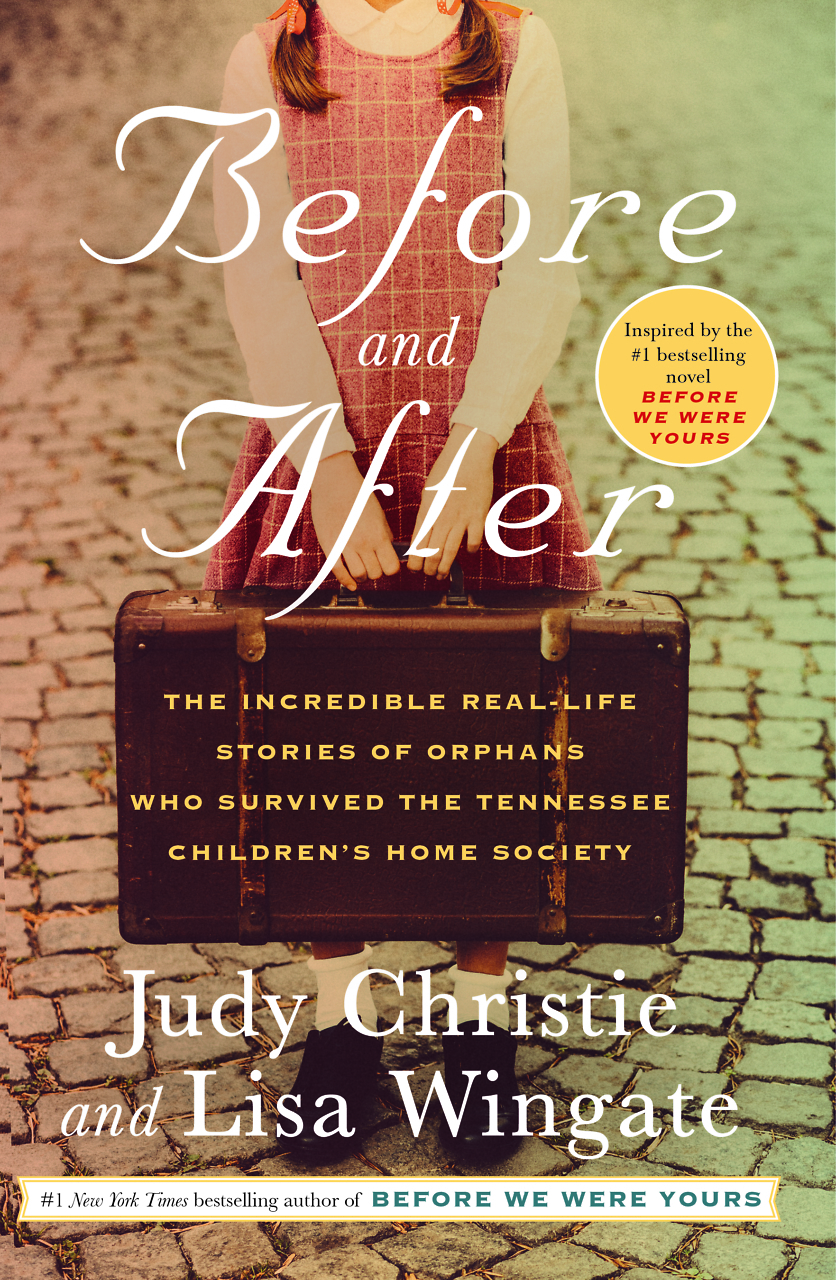Chandeliers and Self-Discovery
Claire Fullerton’s new protagonist comes of age in 1970s Memphis
“79 Kensington Park was not a kid-friendly house. Fashioned in the style of a stucco French chateau, it was sprawling, it was formal, and most everything in it was breakable.” This beautiful, Southern mansion is the setting of Claire Fullerton’s latest novel, Mourning Dove. Its facade stands unchanged during the social upheaval of 1970s Memphis, but inside the house, Millie Crossan and her brother Finley struggle to maintain the decorum mandated by their mother as they forge their own paths in a swiftly changing world.
 Posey Crossan, Millie’s effervescent, socialite mother, returns to Memphis with her teenage children when she can no longer stand to live with her husband. A mix of old-school charm and present-day sensibilities, Posey is as much at home at a meeting of the Junior League as she is sneaking a cigarette from one of her son’s rock-n-roll friends.
Posey Crossan, Millie’s effervescent, socialite mother, returns to Memphis with her teenage children when she can no longer stand to live with her husband. A mix of old-school charm and present-day sensibilities, Posey is as much at home at a meeting of the Junior League as she is sneaking a cigarette from one of her son’s rock-n-roll friends.
She has returned to her hometown in a blaze of glory and quickly begins to vet all possible new suitors, be they single or the husbands of longtime friends. “My mother didn’t walk into a room,” Millie says; “she sashayed.” Posey soon sashays her way into the heart of an aging colonel whose raging temper and insistence on routine threaten to choke the family’s joy.
Channeling the social power attached to her family name, Posey talks her children into the two best schools in Memphis. This membership creates the opportunity for the Crossan children to be part of the much-envied Memphis elite, opening the future Posey has always wanted for them.
But Millie and Finley struggle not just with The Colonel or with fitting into their new schools. They also struggle to adapt to Southern life, as well as life without the daily presence of their father. These difficulties are compounded for Millie, who feels eclipsed by her brother’s extraordinary scholarship, magnetic personality, and musical talent: “Although I felt everything deeply,” Millie says, “I lacked the ability to articulate my unwieldy emotional weight. But Finley was just the opposite. He wore the entire English language on the surface of his skin and could command it with one arm tied behind his back.”
 Fullerton, a former Memphian, leans heavily on a zoomed-out, cinematic approach to the family’s life as a whole-this is a long-game narrative. The novel’s lush, sensory descriptions are photorealistic as Fullerton commits wholeheartedly to cataloguing the high-society aesthetic of 1970s Memphis. Rugs in the house aren’t blue-they’re Wedgewood blue. Serving trays are Sheffield. “The Austrian crystal chandelier in the card room twinkled like a spotlight on their haute couture” as Posey’s friends gather at 79 Kensington Park again and again to celebrate their most memorable events.
Fullerton, a former Memphian, leans heavily on a zoomed-out, cinematic approach to the family’s life as a whole-this is a long-game narrative. The novel’s lush, sensory descriptions are photorealistic as Fullerton commits wholeheartedly to cataloguing the high-society aesthetic of 1970s Memphis. Rugs in the house aren’t blue-they’re Wedgewood blue. Serving trays are Sheffield. “The Austrian crystal chandelier in the card room twinkled like a spotlight on their haute couture” as Posey’s friends gather at 79 Kensington Park again and again to celebrate their most memorable events.
While the first half of Mourning Dove chronicles Millie and Finley’s reactions to their mother’s socially motivated decisions, the second half centers on the effect this motivation has on the family as a whole. Through his music, Finley soon finds his place diametrically opposed to his mother’s: in Memphis’s rock scene.
But his success begins just as he heads out for college, leaving Millie all alone in the big old house. Her status as a woman and the baby of the family further complicates her decisions. Will she walk blindly into her mother’s world, a world that doesn’t sit quite right with her, or will she find a way to break free? What challenges will the turbulent 1970s offer the Crossans? Will they have what it takes to survive?
In the end, Finley says, “Mastering the ambiguities of life is the hardest task any of us will ever be called to do.” Mourning Dove explores the ambiguities of familial relationships and changing social mores with class and humor, challenging readers to question their own histories.

Sarah Carter is a high-school English teacher living and working in Lebanon, Tennessee. She recently earned an M.F.A. in creative writing from Sewanee.


